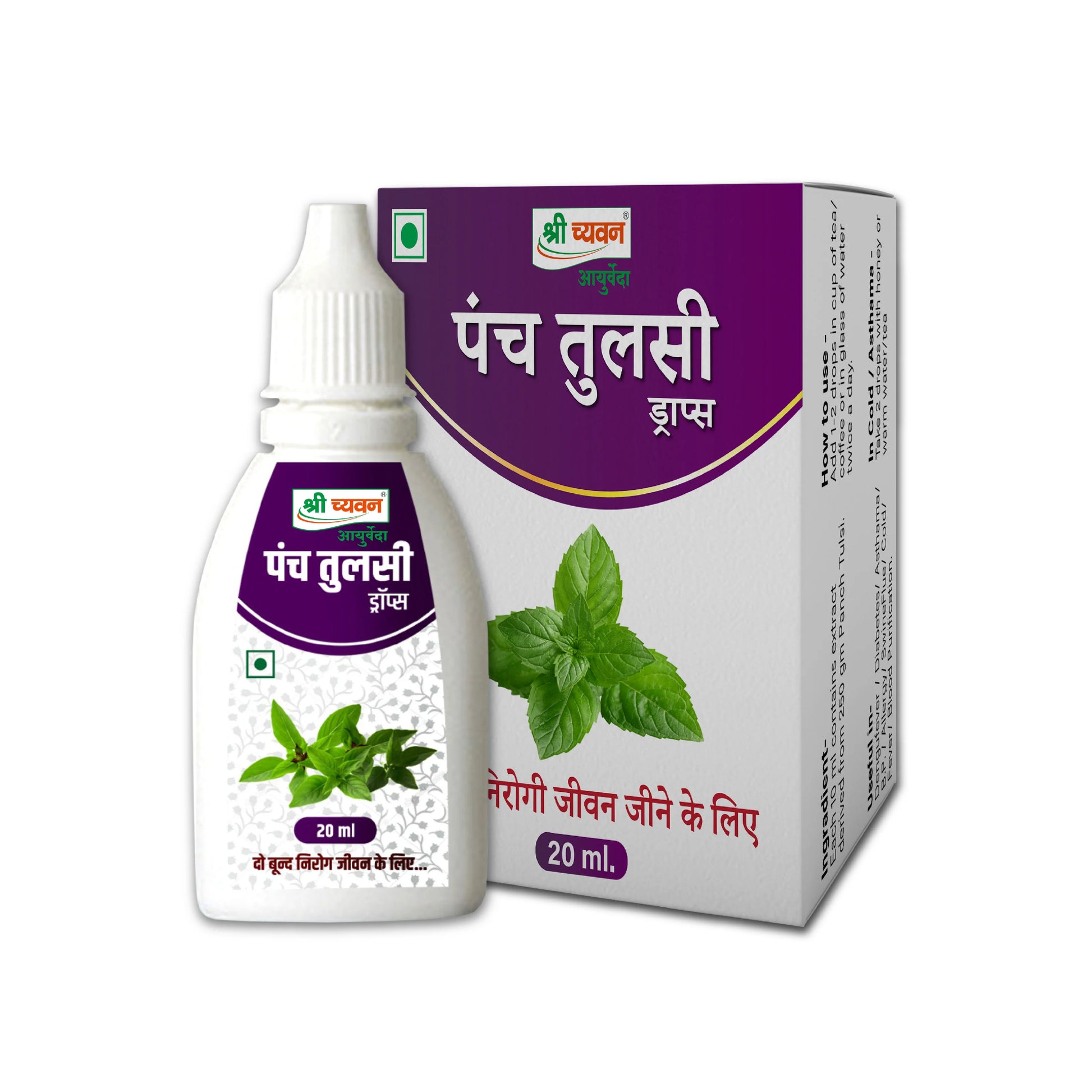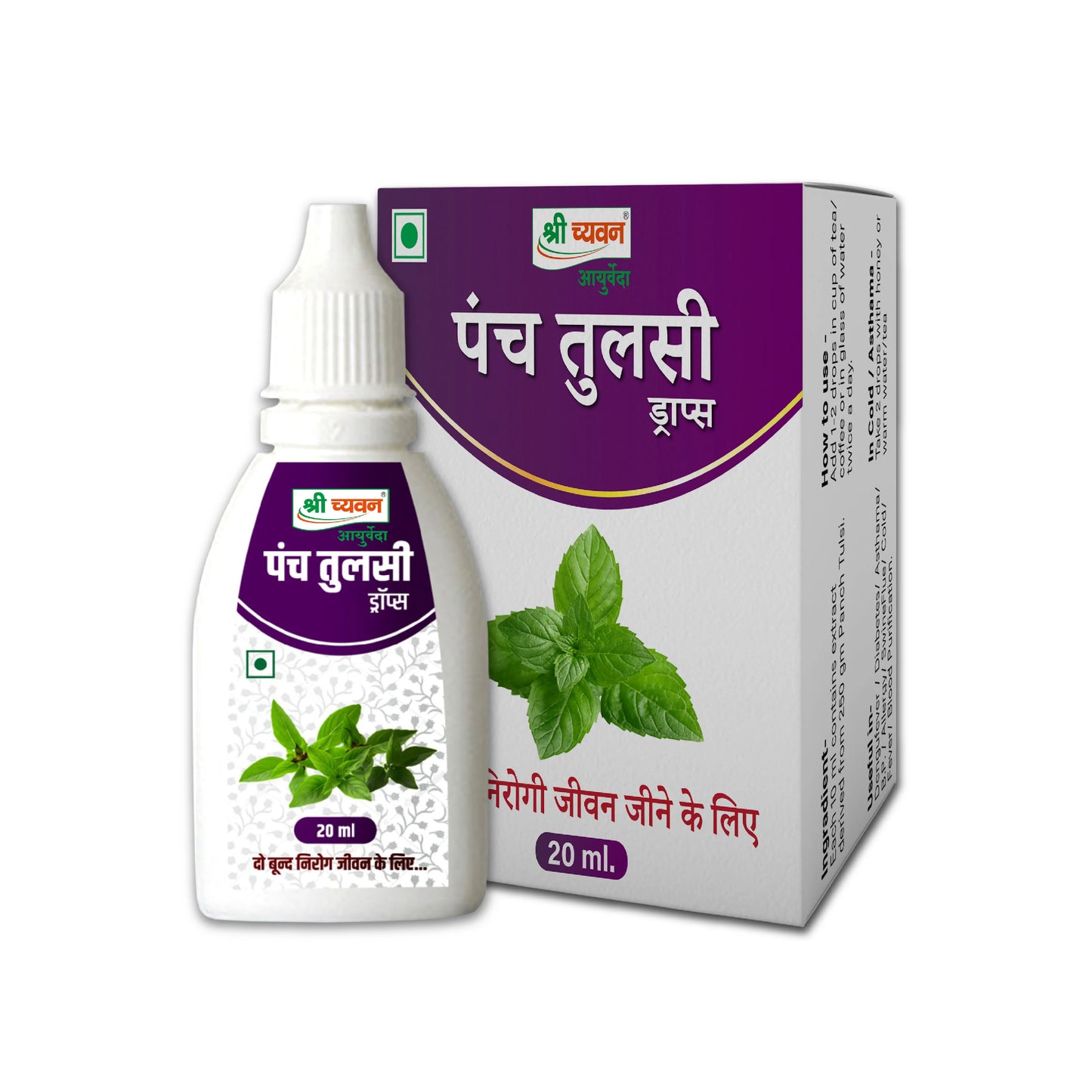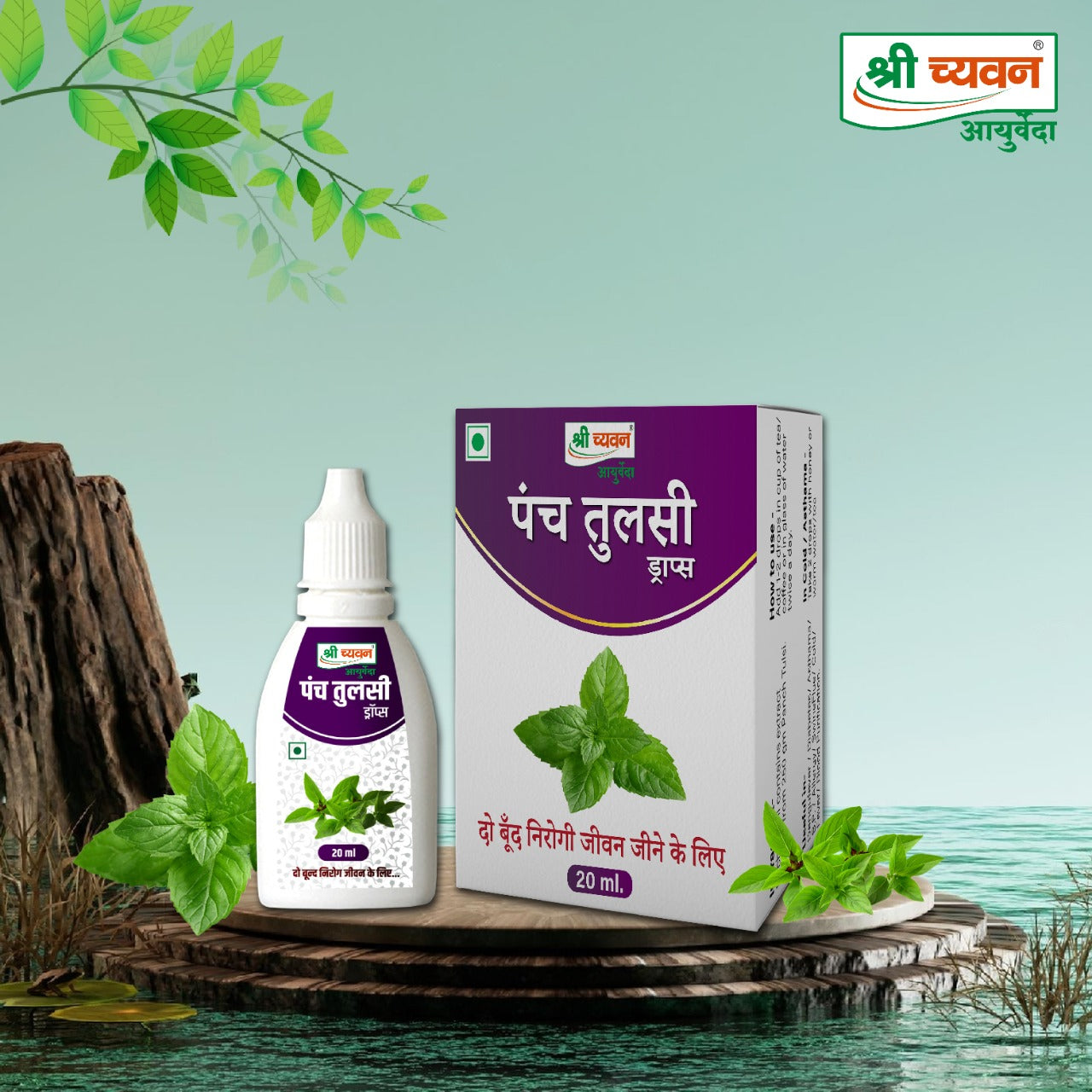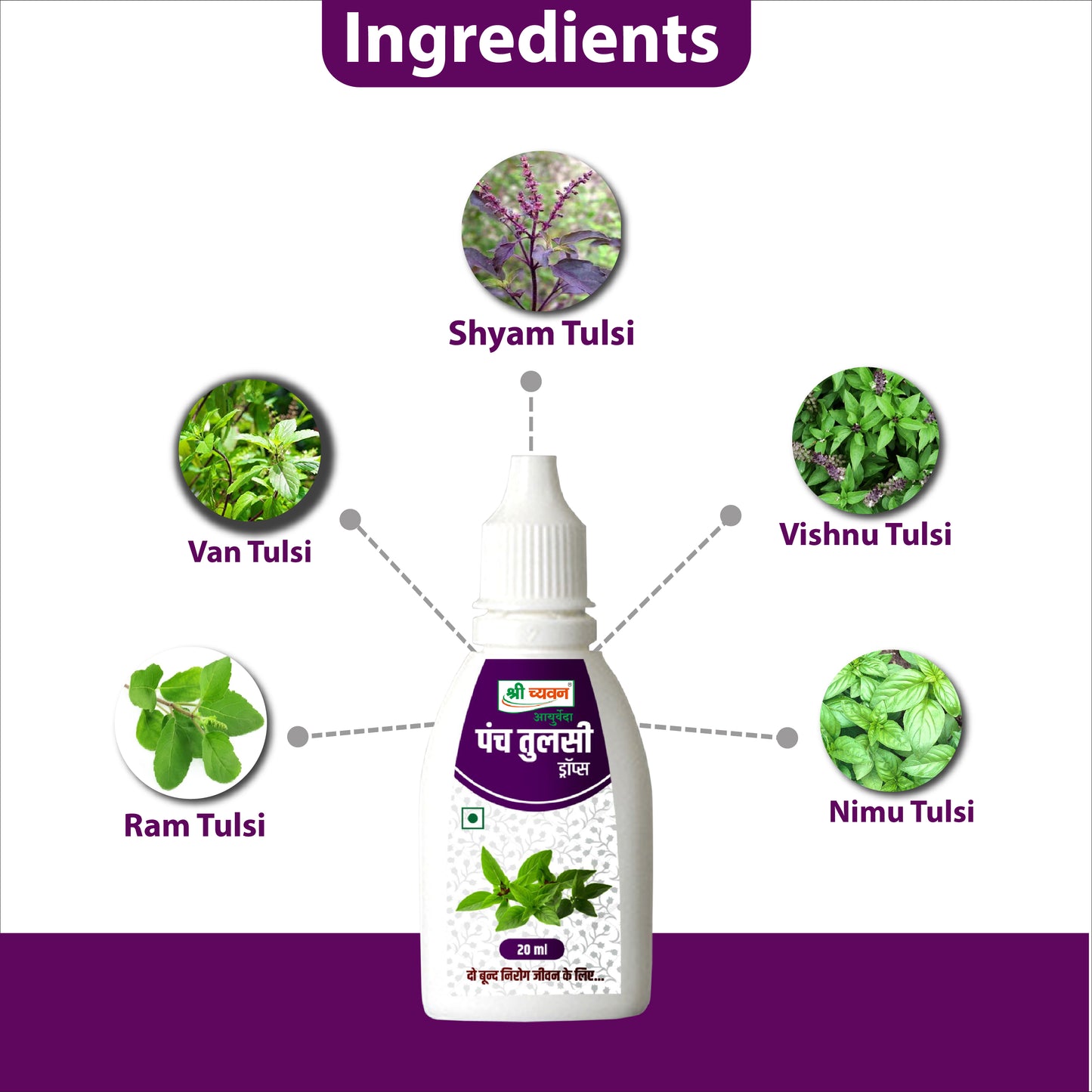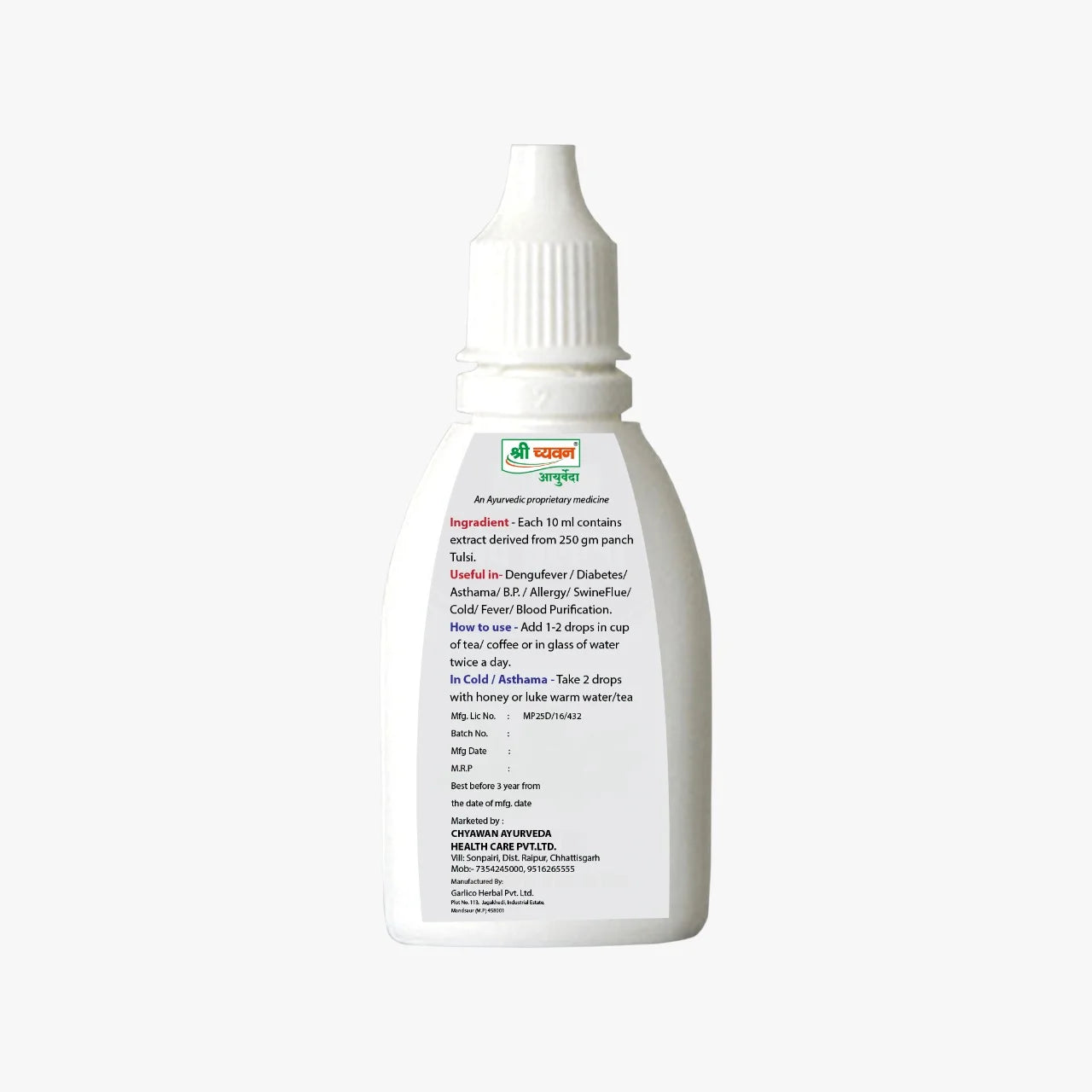Tulsi, also known as Holy Basil, is a revered herb in Indian culture and traditional medicine. Its botanical name, Ocimum Sanctum, is a testament to its sacred status. This fragrant herb boasts an impressive array of health benefits and has been cherished for centuries for its medicinal properties. In this 1000-word blog, we will explore the rich history, various uses and the scientific evidence behind the miraculous properties of Tulsi.
The History and Cultural Significance of Tulsi
Tulsi has deep-rooted cultural and spiritual significance in India. It is often grown in courtyards and temples, where it is lovingly cared for and considered an embodiment of the goddess Tulsi, a symbol of purity and devotion. The plant is also believed to ward off negative energies and protect the household. Tulsi leaves are used in various rituals and offerings to deities.
In the Ayurvedic system of medicine, Tulsi is considered an adaptogen, a substance that helps the body adapt to stress and maintain balance. The ancient Ayurvedic texts, including Charaka Samhita and Sushruta Samhita, mention Tulsi as a remedy for various ailments.
Types of Tulsi:
Tulsi, or Holy Basil, is a versatile herb with various types, each with its unique characteristics and benefits. Here are some of the most commonly recognized types of Tulsi:
-
Rama Tulsi (Ocimum Sanctum): Rama Tulsi is perhaps the most commonly found variety. It has green leaves and a milder flavor compared to other types of Tulsi. It is often used in culinary dishes and herbal teas. Rama Tulsi is known for its adaptogenic properties, helping the body adapt to stress.
-
Krishna Tulsi (Ocimum Sanctum): Krishna Tulsi, also known as Shyama Tulsi, is characterized by its deep purple or dark green leaves. This variety has a peppery, spicy flavor and is particularly revered for its medicinal properties. It is often used in Ayurvedic treatments and herbal remedies.
-
Vana Tulsi (Ocimum Gratissimum): Vana Tulsi, or Wild Forest Basil, is a wild variety of Tulsi. It has light green leaves and a robust, slightly astringent taste. Vana Tulsi is valued for its adaptogenic and immune-boosting properties. It is often used in Ayurvedic preparations and herbal teas.
-
Amrita Tulsi (Ocimum Sanctum): Amrita Tulsi, also called the "Queen of Herbs," is a hybrid variety of Tulsi that combines the characteristics of Rama and Krishna Tulsi. It has green and purple leaves and is known for its potent medicinal properties, making it a popular choice for various herbal remedies.
-
Kapoor Tulsi (Ocimum Canum): Kapoor Tulsi, or Camphor Basil, is another type of Tulsi with green leaves and a strong camphor aroma. It is known for its refreshing scent and is often used in aromatic therapies and as a repellent for insects and mosquitoes.
- Lemon Basil (Ocimum Citriodorum): While not traditionally considered a type of Tulsi, Lemon Basil shares some similarities with it. It has a lemony fragrance and is used in culinary applications, herbal teas, and aromatherapy. Its refreshing citrus scent can be invigorating and mood-enhancing.
These are some of the primary varieties of Tulsi, but there may be local or regional variations as well. Each type of Tulsi has its own unique flavor profile and specific medicinal properties, making them suitable for various purposes. Whether for culinary use, herbal remedies, or spiritual significance, the diverse types of Tulsi offer a wide range of benefits and applications.
Shri Chyawan Ayurveda’s Panch Tulsi Drops
Shri Chyawan Ayurveda's Panch Tulsi Drops has been made with 5 forms of Tulsi that is Ram Tulsi, Van Tulsi, Shyam Tulsi, Vishnu Tulsi and Nimbu Tulsi. It helps boost the immune system and build body's resistance. This drop is very effective to fight normal cold, cough, sore throat, etc.
Panch Tulsi Drops Ingredients: Panch Tulsi Drop consists of extract of 5 types of tulsi namely: Ram Tulsi, Van Tulsi, Shyam Tulsi, Vishnu Tulsi and Nimbu Tulsi. It does not include any artificial colors, flavors, etc.
Panch Tulsi Drops Uses
There are various ways to include Tulsi in your daily life and benefit from its miraculous properties:
- Tulsi Tea
Tulsi tea is one of the most popular ways to consume this herb. You can easily make it at home by steeping fresh or dried Tulsi leaves in hot water. Add honey or lemon for flavor.
- Tulsi Supplements
Tulsi supplements, available in various forms like capsules and liquid extracts, can be a convenient way to ensure you get a consistent daily dose of Tulsi.
- Fresh Tulsi Leaves
You can chew fresh Tulsi leaves daily, or add them to your salads, sandwiches, or smoothies. They have a unique and refreshing flavor.
- Essential Oil
Tulsi essential oil can be used for aromatherapy or diluted and applied topically for its health benefits.
Panch Tulsi Drops Benefits:
Tulsi is often referred to as the "Queen of Herbs" due to its wide range of health benefits. Let's delve into some of its most remarkable medicinal properties:
- Immune Booster
Tulsi is known to enhance the body's immune response. It contains essential oils and phytonutrients that promote overall health and wellness. Regular consumption of Tulsi tea or extracts can help strengthen the immune system.
- Anti-Inflammatory
Tulsi exhibits potent anti-inflammatory properties. It can help alleviate various inflammatory conditions, such as arthritis and respiratory disorders. The compounds in Tulsi, like eugenol, are responsible for its anti-inflammatory effects.
- Stress Reduction
Tulsi is an adaptogen, which means it can help the body adapt to stress. It acts on the adrenal glands and can help regulate the production of stress hormones like cortisol. This makes it an excellent natural remedy for stress and anxiety.
- Antioxidant
The antioxidants in Tulsi help combat oxidative stress, which is a primary driver of aging and many chronic diseases. These antioxidants protect the body's cells from damage caused by free radicals.
- Anti-Microbial
Tulsi contains essential oils with antimicrobial properties. It can help fight off various infections, including bacterial, viral, and fungal. Chewing Tulsi leaves or using Tulsi extracts can be beneficial in treating infections.
- Cardiovascular Health
Regular consumption of Tulsi has been linked to improved cardiovascular health. It helps reduce cholesterol levels and regulate blood pressure, reducing the risk of heart diseases.
- Respiratory Health
Tulsi is effective in managing respiratory disorders such as asthma and bronchitis. The compounds in Tulsi leaves act as bronchodilators, helping to clear the airways and ease breathing.
How to use: Add 1-2 drops of Panch Tulsi Drops in cup of tea/coffee/water and consume twice a day.
Precautions and Considerations
While Tulsi is generally safe and well-tolerated, there are a few precautions to keep in mind:
- If you're pregnant or nursing, consult your healthcare provider before using Tulsi supplements or essential oil.
- Tulsi may have blood-thinning properties, so if you're taking blood-thinning medications, speak with your doctor before incorporating it into your routine.
- Tulsi can lower blood sugar levels, so monitor your blood sugar if you have diabetes and plan to include it in your diet.
Tulsi, the Holy Basil, is truly a miraculous herb with a rich history of traditional use and an ever-expanding body of scientific evidence to support its health benefits. Whether you're looking to boost your immune system, manage stress, or improve your overall well-being, Tulsi offers a natural and holistic solution. Consider incorporating Tulsi into your daily routine, whether through tea, supplements, or fresh leaves, and experience the magic of this sacred herb for yourself. As with any natural remedy, it's wise to consult with a healthcare professional to ensure that it complements your individual health needs and goals. Embrace Tulsi, the Queen of Herbs and embark on a journey toward improved health and wellness.




